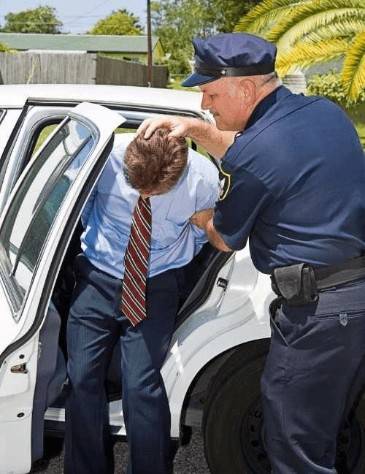The difference between drinking and driving laws in Colorado depends on the amount of alcohol in the driver’s blood. A Driving Under the Influence (DUI) charge is triggered when the driver’s blood alcohol content (BAC) measures above 0.08%. As well as DUI, Colorado also has penalties for Driving While Ability Impaired (DWAI). This offence is triggered when a driver’s BAC measures 0.05% or higher but is below 0.08%.
Penalties for DWAI in Colorado
 In the Centennial State, a driver who has been charged with DWAI may face the following fines and penalties:
In the Centennial State, a driver who has been charged with DWAI may face the following fines and penalties:
• 1st Offence: Jail for up to 180 days. Up to $500 fines and penalties.
• 2nd Offence: Jail for up to one year. Up to $1,500 fines and penalties. One year license suspension. Interlock Ignition Device (IID) required.
• 3rd Offence: Jail for up to one year. Up to $1,000 fines and penalties. One year license suspension. IID required.
If you are charged with a DWAI and you have a previous DWI, you may face 60 days to one year in jail, fines and penalties between $800 to $1,200, and public service between 52 to 104 hours.
Colorado has no lookback period. This means that if you have previous DWAI/DUIs they all count no matter how long ago they occurred.
Possible DWAI Defenses
Being charged with a DWAI in Colorado does not necessarily mean that you will be convicted. Here are some defense strategies that may help you get your DWAI charge reduced or may even help to dismiss your case altogether:
• Illegal stop: It is illegal for an officer of the law to pull you over without probable cause that you have violated a law. In the Centennial State it is not legal for an officer to pull you over if you are weaving in your traffic lane, or if they have received an anonymous tip that you have been drinking and driving.
• Illegal DWAI checkpoints: The police are required to stick to strict rules regarding DWAI checkpoints. If the arresting officer has failed to comply with these rules, your case may be dismissed.
• Invalid field sobriety test: Field sobriety tests are not always accurate and may not be used on a driver who is disabled, overweight, injured, has a medical condition, or who is over the age of 65.
• Inaccurate breathalyzer test: A breathalyzer test may be deemed inaccurate, and therefore dismissible, if it is affected by outside factors, or if the officer administers it incorrectly.
• Inaccurate blood test: A blood test may be declared invalid if it is deemed that the police officers or lab specialists mishandled your blood sample.
• Medical conditions: An arresting officer will often cite certain physical attributes as evidence of DWAI. These include slurred speech or bloodshot eyes. These may also be symptoms of a medical condition that you are suffering from. If this is so, you need to be able to prove this in court as it can significantly help your case.
If you have been charged with a DWAI in Colorado and you are uncertain about your defense options, contact The Bussey Law Firm, P.C. straight away. We can explain your options and help you decide which defense is best for your situation. You can reach us at (719) 475-2555.
